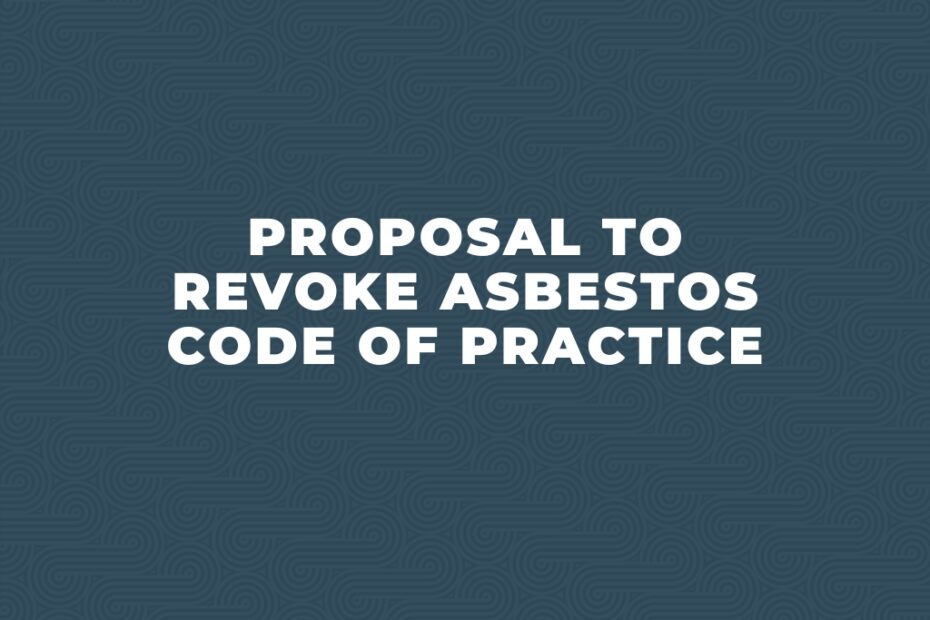Submitted by the New Zealand Council of Trade Unions Te Kauae Kaimahi
7 November 2025
This submission is made on behalf of the 32 unions affiliated to the New Zealand Council of Trade Unions Te Kauae Kaimahi (NZCTU). With over 340,000 union members, the NZCTU is one of the largest democratic organisations in New Zealand.
The NZCTU acknowledges Te Tiriti o Waitangi as the founding document of Aotearoa New Zealand and formally acknowledges this through Te Rūnanga o Ngā Kaimahi Māori o Aotearoa (Te Rūnanga), the Māori arm of Te Kauae Kaimahi (NZCTU), which represents approximately 60,000 Māori workers.
Asbestos-related disease kills around 220 people every year. It remains one of the primary killers of working people in New Zealand.
While it is important that the suite of guidance materials for work involving asbestos is updated, we do not support the revocation of the asbestos Approved Code of Practice (ACOP). It is our longstanding position that WorkSafe should update but maintain the ACOP and support this with Good Practice Guidelines (GPG) and other guidance material.
ACOPs provide a strong practical benchmark for the safe operation of work. They also have legal standing at a higher level than other forms of guidance.
From a workforce perspective, an ACOP in the hands of workers or health and safety representatives (HSRs) is a significantly stronger tool than other forms of guidance. Given the formal status of an ACOP, and the language in it, workers and HSRs are placed in a much better position to insist on their rights, and to ensure the safety of themselves and others.
The form and function of an ACOP, as compared to other guidance provides strength to workers when in discussion with their employers and assists with overcoming power imbalances inherent in these situations in workplaces.
Given the severe impacts of asbestos, the guidance material on its management and removal needs to be clear cut. In our view, the difficulties around the processes around ACOP sign-off do not outweigh the strength and reliability of an ACOP. We do not see ACOPs are incompatible with updating where necessary.
